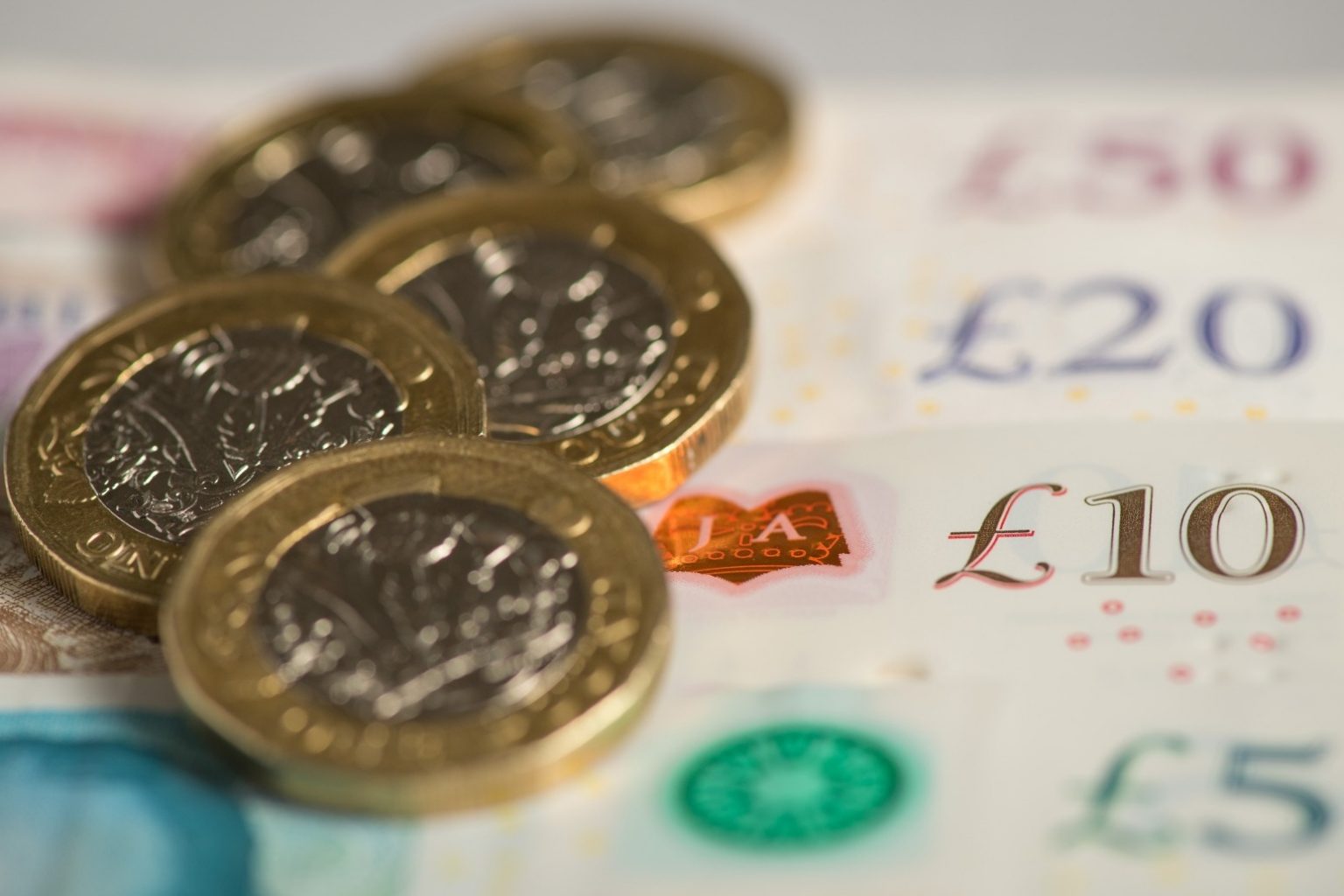
UPDATED: UK economy enters recession 15th February 2024
Official data released on Thursday indicated that the UK economy has entered a recession following two quarters of negative economic growth in the second half of last year.
The Office for National Statistics said in a statement that the gross domestic product shrank by 0.3% in the fourth quarter of 2023, matching the technical definition of a recession, following a 0.1% contraction in the preceding three months.
According to official data released on Thursday, Britain entered a recession last year as a result of high inflation and a cost-of-living crisis. Prime Minister Rishi Sunak suffered a setback ahead of the general election this year.
The Office for National Statistics (ONS) reported that the gross domestic product shrank by 0.3% in the fourth quarter of 2023 following a 0.1% contraction in the previous three months.
That puts the country in recession, which is characterised by two quarters of declining GDP.
The ONS reported that the economy was essentially flat in 2023 despite the fact that all major sectors contracted in the fourth quarter, with manufacturing, construction, and wholesale being the largest growth inhibitors.
Growing the economy is one of Sunak's top five priorities. His governing Conservatives are currently trailing Keir Starmer's main opposition Labour Party ahead of this year's election.
The recession is being reported as voters head to the polls for two by-elections on Thursday. The Conservatives are worried about losing their formerly strongholds in Kingswood, in the southwest, and Wellingborough, in central England.
A "mild recession." –
"On a day when he faces the prospect of losing two by-elections, the news that the UK slipped into a technical recession in 2023 will be a blow for the prime minister," Capital Economics analyst Ruth Gregory stated.
"However, this recession is as mild as they come, and timely indicators point to an early end,"
The decline in output was caused by persistent inflation and high interest rates, according to Finance Minister Jeremy Hunt, who nevertheless maintained that the economy was "turning a corner."
Low growth is expected given that interest rates are high, which allows the Bank of England to control inflation.
Nonetheless, there are indications that the British economy is improving; analysts anticipate that growth will pick up steam in the coming years. wages are rising faster than prices, mortgage rates are down and unemployment remains low.
"Even though many families are still struggling financially, we must stick to the plan and reduce taxes on employment and business in order to strengthen the economy."
A day earlier, distinct official data revealed that UK inflation remained stable at 4.0% in January compared to December, which is twice the Bank of England's target rate. This confirms the recession.
Even though the January number came in lower than the market's projection of 4.2%, inflation is still high and millions of Britons are still facing a crisis related to rising costs of living.
Hunt continued, saying that lowering high inflation remained the "top" priority for the government.
He stated, "Our top priority has been to cut inflation, as it is the single biggest obstacle to growth."
Sunak vow "in tatters": However, Labour denounced the government's handling of the economy and said that Sunak's promise to bring about growth was "in tatters."
Labour finance spokeswoman Rachel Reeves stated, "The prime minister can no longer credibly claim that his plan is working or that he has turned the corner on more than 14 years of economic decline under the Conservatives that has left Britain worse off."
"This is Rishi Sunak's recession, and families and businesses throughout Britain will be extremely concerned about the news."
In an effort to return inflation to its target of 2.0 percent, the BoE's main interest rate is currently at a 16-year high of 5.25 percent.
But growing interest rates also drive up the cost of loans for both individuals and companies, further worsening the nation’s cost-of-living crunch.
UK inflation
However, annual inflation in the UK has decreased since October 2022, when it peaked at 11.1%, a 41-year high.
The invasion of Ukraine by Russia, a major producer of gas and oil, two years ago caused energy prices to soar, which in turn caused global inflation to soar.
In response, the world's central banks increased the cost of borrowing, which assisted in reducing inflation.
The BBC claims that if the GDP declines for two consecutive quarters, or three-month periods, the UK is said to be in a recession.
Prime Minister Rishi Sunak will take a hit from the statistics. Among the five promises he made in January 2023 was to grow the economy.





